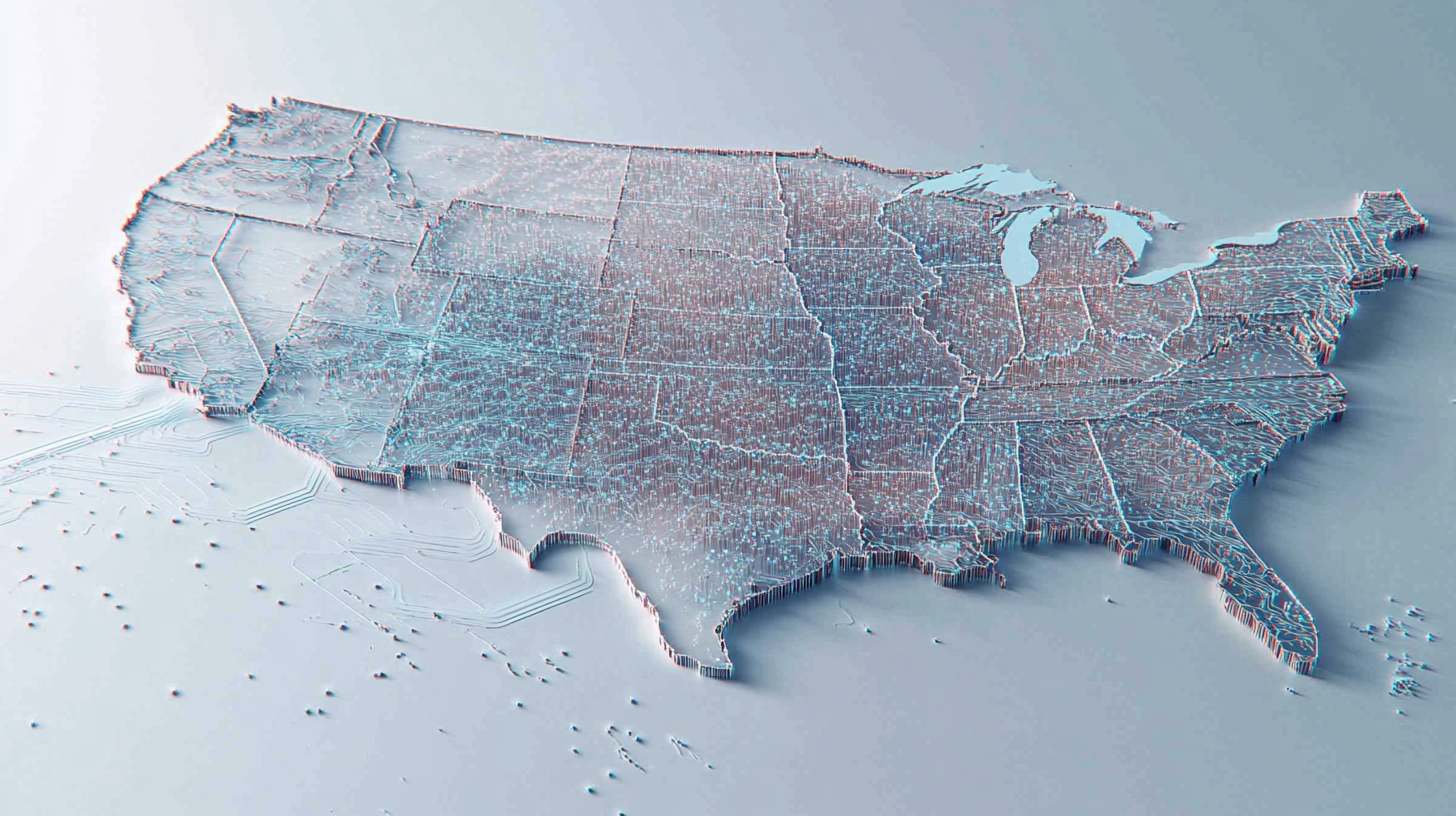- Funding Tied to Compliance
- Bipartisan Opposition Persists
The Senate has revised a controversial provision in President Trump's budget bill that would ban states from regulating artificial intelligence, reducing the proposed moratorium from 10 years to five years following weekend negotiations between Republican senators.
The compromise, reached between Senate Commerce Chair Ted Cruz of Texas and Sen. Marsha Blackburn of Tennessee, also creates new exceptions allowing states to enforce laws protecting children and individuals' names, images, and voices, according to revised bill text. The Senate is expected to vote on the measure Monday as part of the sweeping "One Big Beautiful Bill" budget package.

Under the revised provision, states would lose access to $500 million in federal AI infrastructure and deployment funding if they enforce AI regulations during the five-year period12. The new language allows states to continue enforcing "generally applicable" laws addressing unfair practices, child safety, and publicity rights, provided they don't place an "undue or disproportionate burden" on AI systems1.
"To ensure we do not decimate the progress states like Tennessee have made to stand in the gap, I am pleased Chairman Cruz has agreed to update the AI provision," Blackburn said in a statement, referencing Tennessee's ELVIS Act, which protects musicians from AI-generated impersonations3.
The moratorium faces resistance from both parties. Sen. Josh Hawley, a Missouri Republican, has vowed to work with Democrats to strip the provision entirely12. Rep. Marjorie Taylor Greene of Georgia threatened to oppose the entire budget if the moratorium remains12.
A group of 17 Republican governors wrote to Senate leadership Friday calling for the provision's removal, according to Axios2. Critics argue the measure would nullify at least 149 existing state laws across more than 40 states, including California's requirements for AI training data disclosure and various deepfake regulations34.
Tech giants including OpenAI and Google support the provision, arguing that a "patchwork" of state regulations would hinder American innovation against China32. However, labor groups and consumer advocates warn it would leave Americans vulnerable to AI-related harms with no federal framework in place45.
"Pure and simple, it is a giveaway to Big Tech companies," wrote Sean O'Brien, president of the International Brotherhood of Teamsters6.
The House passed the original 10-year version in May by a narrow 215-214 vote75. If the Senate approves the revised provision, the bill returns to the House for final consideration before the July 4 deadline8.



